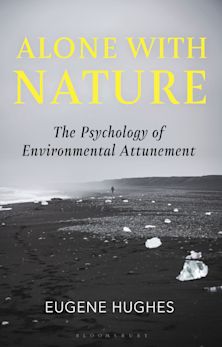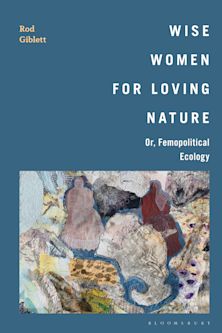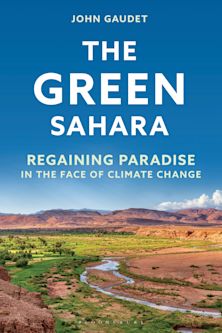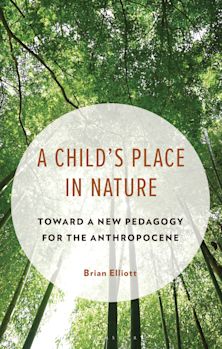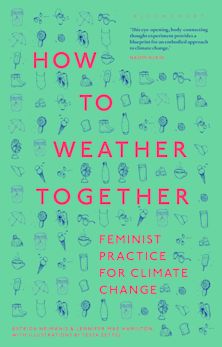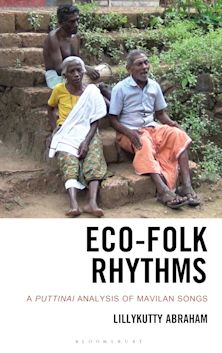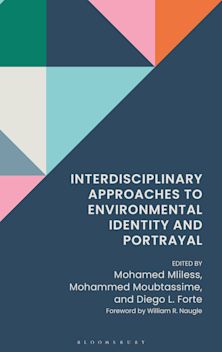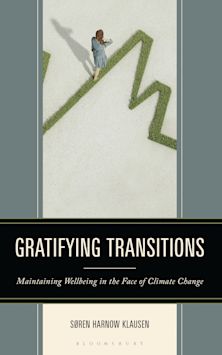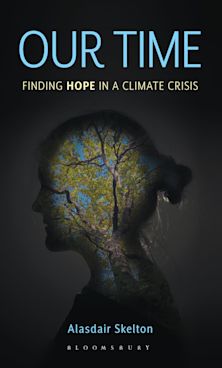Shaped by Vegetal Matters
Phyto-Influence on Humans, Other Animals, and Place
Shaped by Vegetal Matters
Phyto-Influence on Humans, Other Animals, and Place
This product is usually dispatched within 1 week
- Delivery and returns info
-
Free US delivery on orders $35 or over
Description
Tracing lines of vegetal influence and affect, Shaped by Vegetal Matters: Phyto-Influence on Humans, Other Animals, and Place describes how plants influence and shape humans, their relations with other animals, and place. Highlighting vegetal matters related to four plant species and the triad of plants-elephants-humans in Sri Lanka, each case study opens up multi-directional influences across situated multispecies social milieus. From jacaranda trees in Australia, to wapato on a river island in the United States, to willow and weavers in Denmark, to sugarcane plantations in Sri Lanka, to dying yet mythic ash trees, features emerge of human-plant social intimacies, power dynamics, and intersubjectivities. A central glue of plant-human relations is poiesis, meaning the creation of something new, yet etymologically related to the poetic. Beyond explorations of poiesis, the vegetal offers an epistemology of recursion that is relevant for understanding place-based relationships. Elizabeth Oriel presents vegetal influence in analytical and descriptive styles, reflecting multispecies ethnography and other analytics brought to vegetal matters.
Table of Contents
Chapter 1: Vegetal Matters Shaping Human-Elephant Relations and Coexistence
Chapter 2: Jacaranda Trees’ Affective Placemaking
Chapter 3: Wapato and Camas: Plant Influences on Wapato Island
Chapter 4: Social Worlds of Willow Basketry
Chapter 5: Ash Tree Worlding
Conclusion: Vegetal Influences and Meeting of the Minds
References
About the Author
Product details
| Published | Jan 29 2025 |
|---|---|
| Format | Hardback |
| Edition | 1st |
| Extent | 180 |
| ISBN | 9781666940527 |
| Imprint | Lexington Books |
| Illustrations | 14 BW Illustrations |
| Dimensions | 9 x 6 inches |
| Series | Critical Plant Studies |
| Publisher | Bloomsbury Publishing |
Reviews

ONLINE RESOURCES
Bloomsbury Collections
This book is available on Bloomsbury Collections where your library has access.












